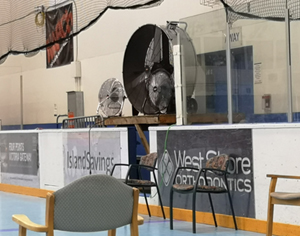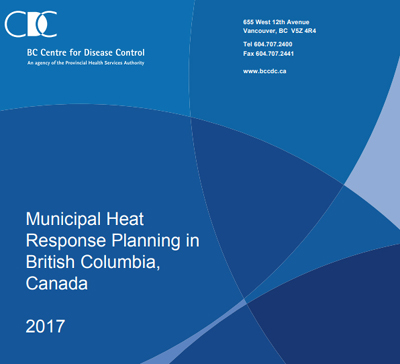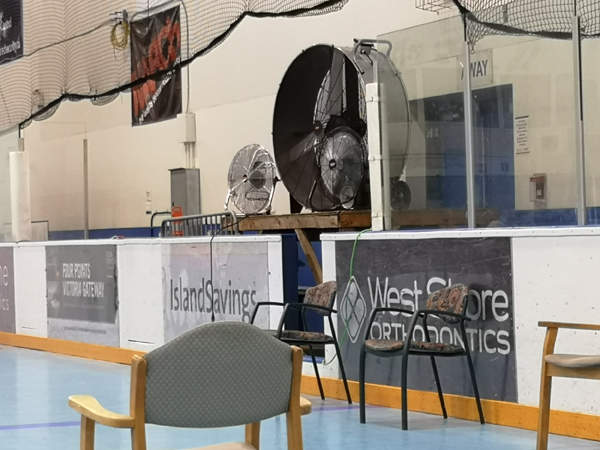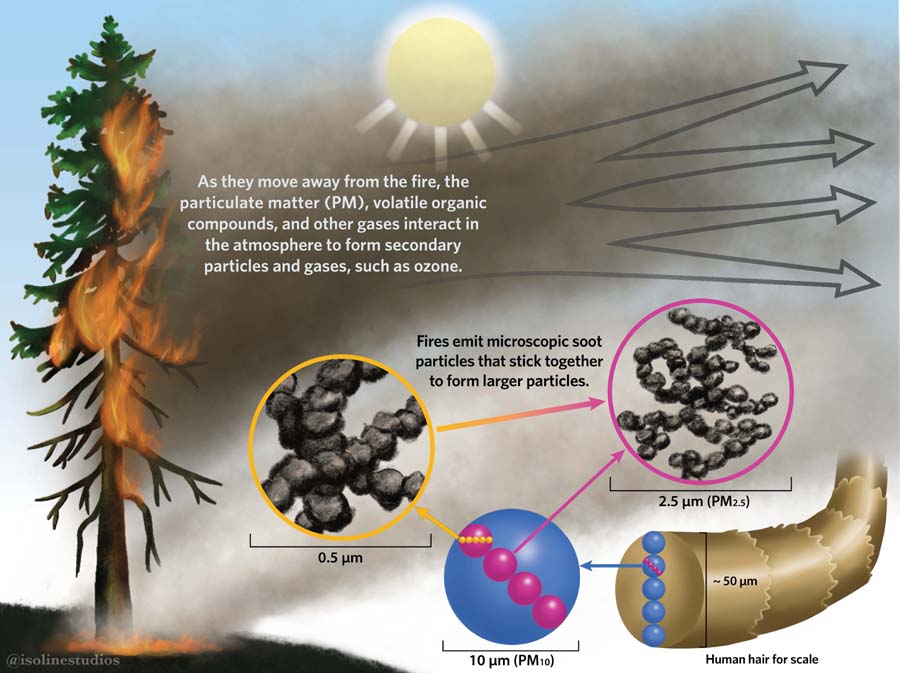
Saturday July 24, 2021 | VICTORIA, BC
by Mary P Brooke, B.Sc., Editor | Island Social Trends
There is national and international interest in the BC wildfire situation. On TV it looks dire — the number of fires sounds enormous.
In context, there are natural wildfires every summer. Though in 2017, 2018 and now in 2021 the additional heat conditions (which dry out the forests) are contributing to a higher load of fire activity.
Most fires are caused either by lightning (natural causes) or by the activity of people (smoking materials poorly discarded, use of vehicles and equipment around dry brush, etc).
Smoky air – a health concern:
Smoky air is a health concern not only for the firefighters on the active fire lines, but also for anyone in regions where the winds carry the air that contains all the combustibles and fire retardant materials. That air has not yet reached Vancouver Island this summer.
Personnel working on the frontlines of the fires have equipment to help protect their exposure. But many people in urban areas have not yet taken action to deal with smoky air in their homes or workplaces (until recent years, it has not really been required).
Stay cool, then protect your breathing environment:
Public health officials say that if you have to choose between properly ventilating yourself (staying cool) and breathing smoky air, the short-term choice is to stay cool. Provincial Health Officer Dr Bonnie Henry said that a week or two ago, and it was repeated by BC Centre for Disease Control’s (BC CDC) Scientific Director in Environmental Health Services, Sarah Henderson this past week in a media session.
Don’t overheat yourself. Maintain fans and air conditioning in your living and working environments; visit public spaces (like malls and libraries) for cool air as required (where the air is possibly also filtered).
Heat stress (which can lead to heat stroke) is a serious health concern that can have lasting health consequences.
In the long-term, the more smoky air you’ve inhaled will have some sort of impact over time. As the BC Centre for Disease Control’s (BC CDC) Scientific Director in Environmental Health Services, Sarah Henderson, said in a media teleconference on July 22: “If you are protecting yourself in the short term that also protects you against any potential long term impacts as well”.
Dangers of inhaling wildfire smoke:
Wildfire smoke contains a number of respiratory irritants, such as particulate matter, hydrocarbons and other organic chemicals. The greatest health risk is from ultrafine particles that can be inhaled deep into the lungs.
Use of a mask (such as the ones most people have on hand for protection during COVID), provide some protection but don’t fully protect the respiratory tract from most particulate matter that becomes airborne.
The particles can create nasal congestion and cause eyes to sting and burn, but they also can aggravate the respiratory status of people with chronic heart and lung disease.
The most vulnerable populations include the elderly, children, pregnant women, and those with chronic lung or heart disease.
The BC Centre for Disease Control outlines the dangers of wildfire smoke in a fair amount of detail:
- Health effects of wildfire smoke
- How to prepare for the wildfire smoke season
- Portable air cleaners for wildfire smoke
- Wildfire smoke and air quality
- The composition of wildfire smoke
- Wildfire smoke and outdoor exercise
- Wildfire smoke and Air Quality Health Index (AQHI)
- Home-made box air fan filters
- Face masks for wildfire smoke
The Mayo Clinic advises against strenuous physical activity during wildfire smoky air conditions.
Role of municipal and regional health authorities:
Henderson also said in a media session on July 22, that BC CDC has developed resources for municipalities –particularly around heat and some around smoke. “We do highly encourage the regional health authorities to work with the municipalities to enact those plans. Unfortunately some of these things take quite a lot of planning and can take quite a lot of time.”

“What we hope, is that as we move into the future we are going to have better and better plans for these types of events,” said Henderson regarding advisories about heat and smoke.
Heat impacted the immunization plan:
For a short while during the heat-dome heat event in southern BC (June 25 to 29), some COVID immunization clinics had to close due to heat.

That included the clinics in Langford (Eagle Ridge Centre), Esquimalt (Archie Browning Centre), and Nanaimo. Fans and other cooling strategies were brought in. Immunization appointments were rescheduled.
The west shore experience:
Island Health told Island Social Trends on July 20, that in response to the record breaking heat wave, that Island Health worked with the building owners of their leased immunization clinic sites to ensure they are doing everything they can to cool the buildings as much as possible.
Particularly, at the Eagle Ridge Community Centre in Langford (serving the west shore region as a COVID Immunization Clinic), there are three portable fans and also two fans installed high-up in the back wall. Also, the walk from the parking lot into the clinic was altered (made longer).
Island Health supplied this further information:
- During the heat wave, the Eagle Ridge Arena immunization clinic was opened overnight to allow cooler air to circulate with the assistance of fans. These fans continue to circulate air now.
- To minimize the noise from the fans, they have been adjusted to only operate when the temperature is too warm.
- Patient flow into the clinic has been adjusted since the addition of temporary covered tents outside to shelter people from the sun and weather.
===== RELATED:
A hot summer weekend BC wildfire update (July 24, 2021)
Wildfire season: stay out of the back country (July 21, 2021)
Wildfires prompt State of Emergency in BC (July 20, 2021)
Protecting yourself from wildfire smoke & heat (July 6, 2021)
Summer health hazards: heat wave & wildfire smoke (July 3, 2021)






